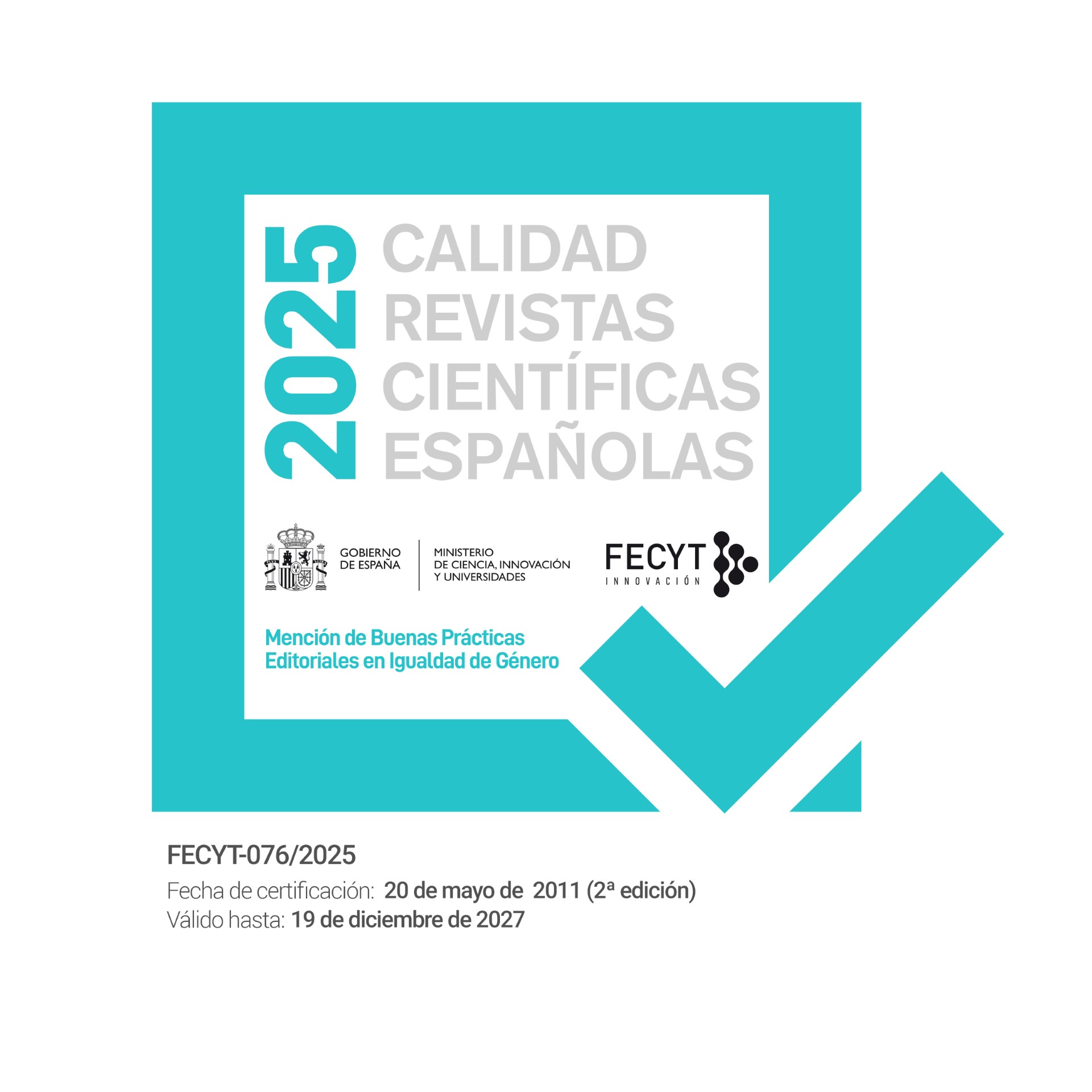Jurisprudential Repertory on Political Parties
DOI:
https://doi.org/10.5944/trc.35.2015.14933Keywords:
Constitutional Court, constitutional jurisprudence, political parties, rights and freedoms, democratic state, Organic Law on Political Parties, Organic Law for effective equality between women and men,Abstract
The constitutional case law on political parties has been vital to the construction of the Spanish democratic state, contributing decisively to its current configuration. The decisions of the Constitutional Court have gradually defined the regimen of the political parties, especially in the last fifteen years. Several areas have been covered by the Court in this matter; however, the approval of the Organic Law 6/2002, on political parties (LPP), and the Organic Law 3/2007, for the effective equality between women and men (LEWM), have led to various decisions considered essential, not only for the regime of the parties, but also for the history of the Constitutional Court. The complexity of the matters addressed and its ideological connotation caused some division within the Court, resulting in a good amount of dissenting opinions, some of which containing strong criticisms against the decisions. It is not surprising either that this complexity and ideological implications stimulate the academic interest, which has been lavished on studies about this constitutional case law. of the Constitutional Court decisions concerning political parties in the last fifteen years and, in turn, assesses the essential lines marked by the Court and the convergent or divergent reactions of the academia.Downloads
Download data is not yet available.
Downloads
Published
2015-01-01
How to Cite
Díez Bueso, L. (2015). Jurisprudential Repertory on Political Parties. Teoría y Realidad Constitucional, (35), 637–661. https://doi.org/10.5944/trc.35.2015.14933
Issue
Section
Tribunal Constitucional
License
Las obras están bajo una Licencia Creative Commons Atribución-NoComercial-SinDerivar 4.0 Internacional.
Se pueden copiar, usar, difundir, transmitir y exponer públicamente, siempre que:
- Se cite la autoría y la fuente original de su publicación (revista, editorial y URL de la obra).
- No se usen para fines comerciales.
- Se mencione la existencia y especificaciones de esta licencia de uso.








